ON COUNTRY AND SHARED BLOOD
★ ★ ★ ★
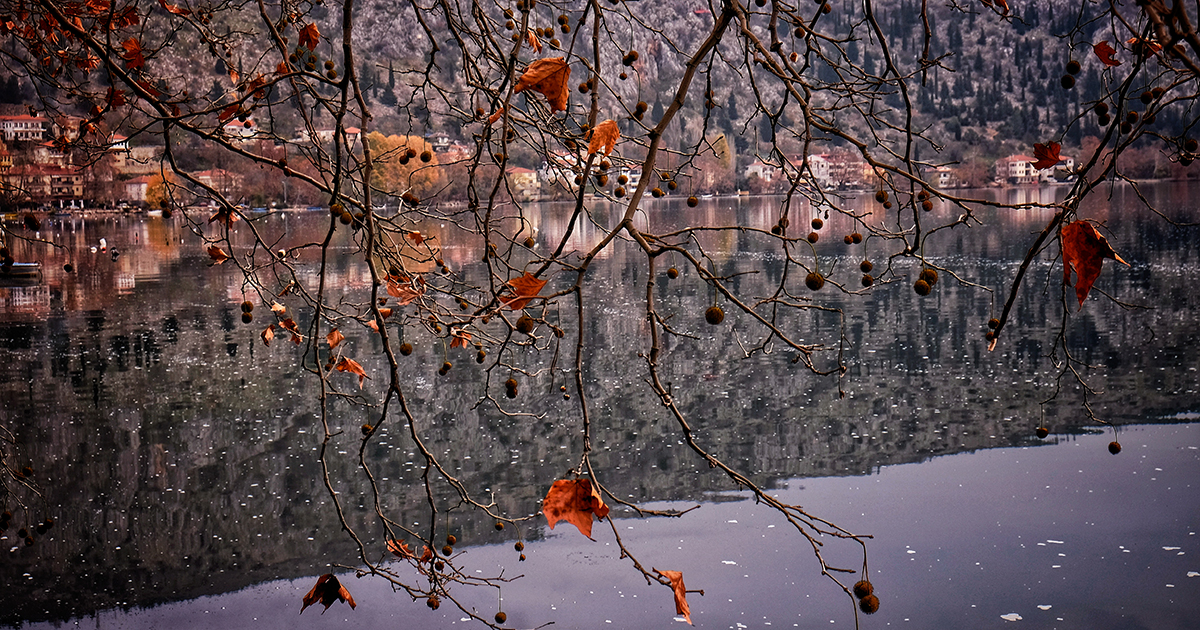
Image by Nektaria Girvalaki
By Irena Ioannou
When the Greek Prime Minister Alexis Tsipras announced a sudden referendum that led to the temporary closure of banks and the introduction of capital controls in the summer of 2015, my husband, I and about thirty other firefighters were in Washington representing Greece in the World Police and Fire Games (WPFG). The WPFG is a biannual athletic event open to police and fire agencies’ personnel from around the world. Two days before, the Fire Chief himself had come to the airport to see us off and we all smiled and looked into the camera, the first trip outside Europe for most of us.
Once in Washington, we were blissfully scavenging for gifts in shopping malls, when messages starting arriving on Facebook telling us “You’re so lucky“ and “Don’t come back“. Meanwhile, the American television networks squeezed news of long queues at the Greek ATMs between baseball results and vacation ads.
Being so far away from home we couldn’t really grasp what was going on. Disturbed, we called our parents. “How are things?“ we asked. “Don’t worry about here,“ they said. “You have a good time. As for us, we never had any money to cling to, anyway“. Our parents ate what the land provided them with, and they had seen worse times. It was us their thoughts were with.
We differed in that we had grown more dependent than the past generations. We were public servants paid in actual money and our wages went straight into our bank accounts. The question that floated from mouth to mouth in the hotel was what we would do if our cards were suddenly declined. We still had ten days ahead of us.
Luckily, we had let the Greek expatriates know we were coming. They were organized. Organized and waiting for us. Some of them lived close by, others made a two-hour drive after work just to meet us. In the mornings, people we didn’t know came to support us on the courts, our spectators outnumbering those of the host country. In the evenings, those who owned restaurants took turns to provide dinner to all of us, hungry for a taste of the country they missed so much.
They were eager to bare their soul to us, to tell their stories. Yes, they had worked hard. Yes, now they had money, and of course they had gotten used to the place. “But you know, we miss Greece.“ They finished their stories and sighed.
People who hadn’t visited their homeland for decades to save up for college for their children, were crying for what was happening back home. We felt that they needed more reassurance than us. We patted their backs, promised to keep in touch and said everything would be ok.
On the plane back, we discussed the weight of their sorrow and debated why some countries like ours mess with their people’s heads so much. No matter the years abroad, a Greek is always a Greek: a faithful dog to a master that drove her out.
* * * *
Almost two years have passed since our trip to Washington, and things have not stopped changing: the financial indicators usually for the worse, our human core proudly for the best.
“Need grows feet,“ a Greek saying suggests, and in the past years I have seen many people in need, but also many people changing habits and charting new ways—money, it’s true, rarely inspires creativity. And along with them, others who put themselves out in order to help. People who otherwise would never deviate from their perfectly-arranged lives, or look up from their glowing screens.
But the challenges usually come in threes or fours, and the refugee crisis also began. The reaction to it has also been a pleasant surprise. Subject to constant wars and aggressiveness from other countries, my people—my Christian Orthodox people, in challenging times—chose to see people in need for what they really were: people seeking an opportunity to live. It’s up to them what they’ll do with the opportunity provided and we’re all going to be judged in the end, but you can’t avert your eyes every time a body washes up on your feet. At least, not if you leaving by the shore, and there is no button to turn off.
Another response, though maybe it shouldn’t come as such a surprise is that, against all odds, more and more literary magazines have been reviving and new publishing houses have appeared on the scene, striving for quality instead of quantity. Nor should it surprise us that one of the most widely-read books in the last years has been a collection of short stories about soldiers returning from war, written in Greek dialect, and titled “Blood”. As in blood related, or blood for blood. Or race.
If anyone talked in rural accent and slang before the crisis he would be either laughed at or frowned upon, as in “We’re in Europe now, remember?“ But economic crises go hand in hand with identity crises, some scientists argue, and this is exactly the case. Maybe when all economic figures are on track, the best lesson learnt will be that we were heading the wrong way and we needed a violent shake; to make us remember who we are and who we want to become.
I look around me and I see persistent people and I don’t know where all this strength comes from. It’s a lot easier to get disappointed and criticize than act, but I always thought that helping others and yourself was never an indicator of whether you love all human beings. It was about the love of being one of them.
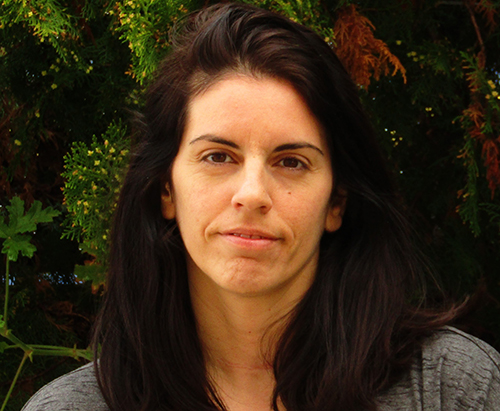
Irena Ioannou writes from Crete, Greece and her work has recently appeared or is forthcoming in the Mortar Magazine, The Wild Word, S/tick, Literary Mama, Eyedrum Periodically, and Shipwrights.
Nektaria Girvalaki is a firefighter captain from Heraklion, Greece. In her spare time she pursues her passion for photography. In the last three years she has participated in many contests around the world and has the photographic distinctions AFIAP and CROWN 1. To see more of her work see https://500px.com/nekgir


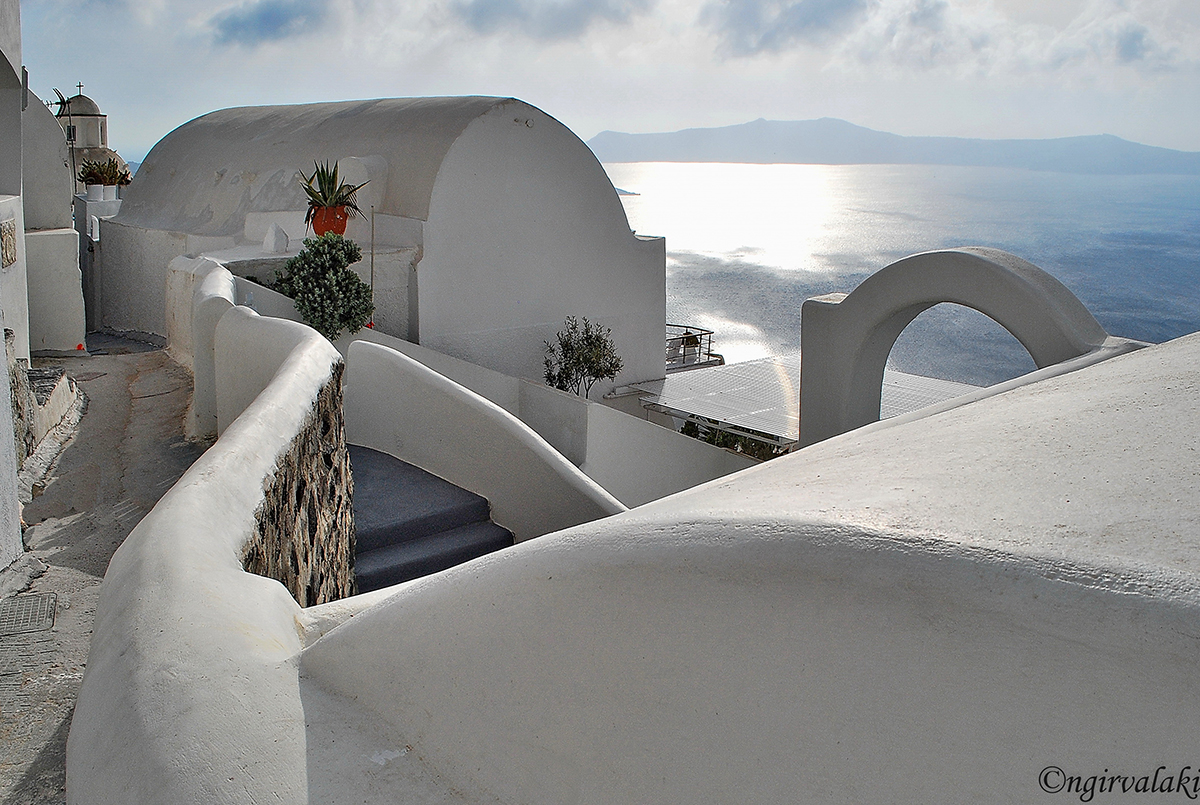
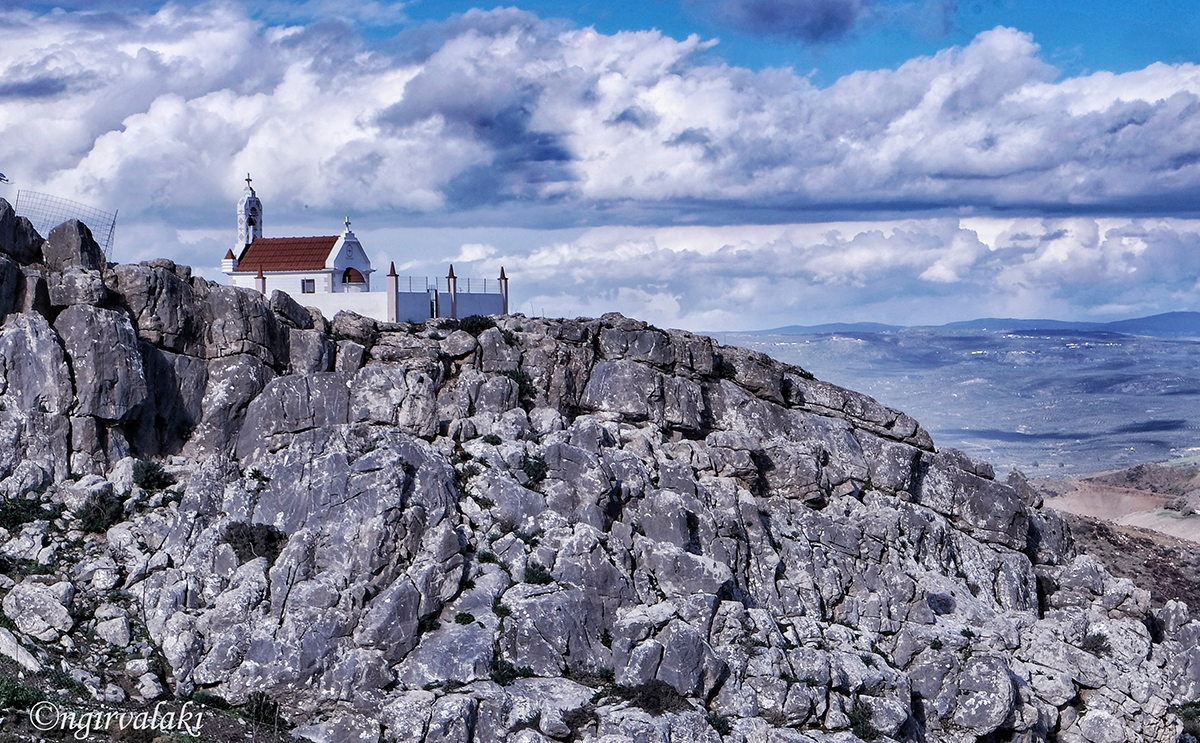


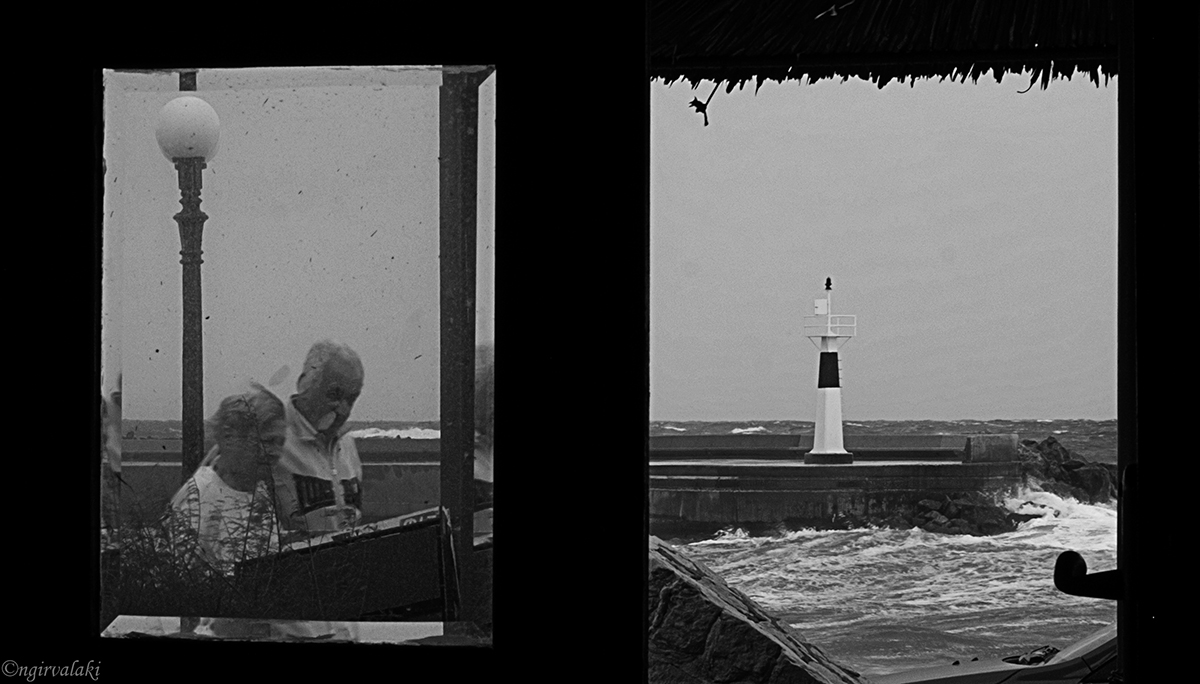

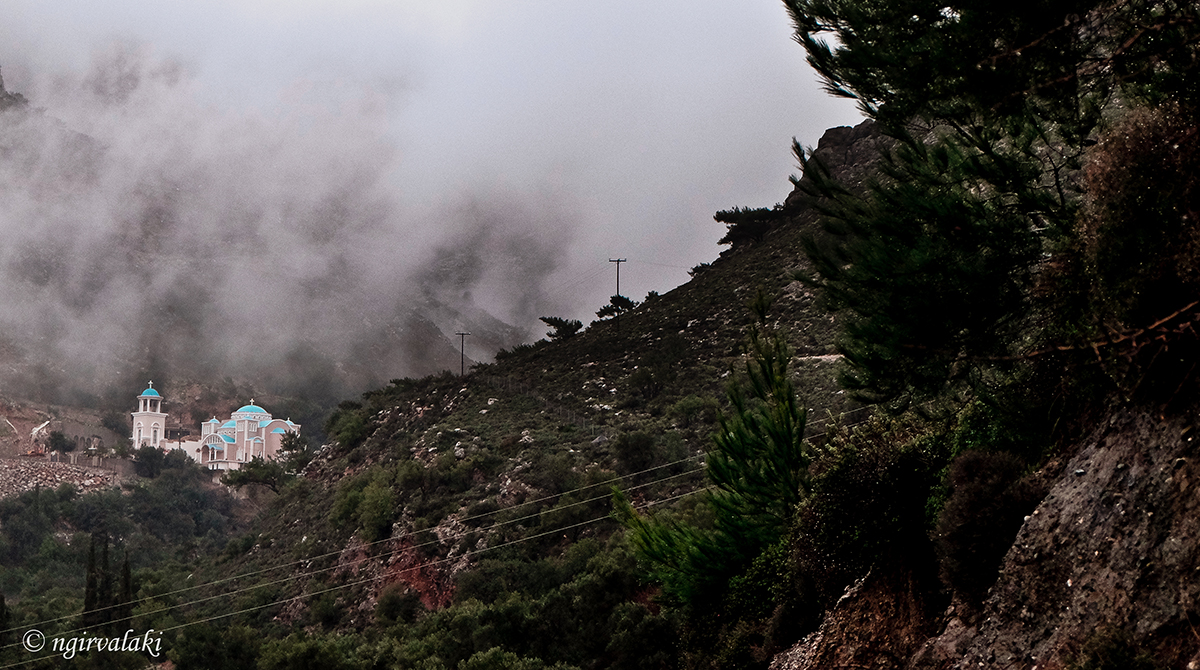
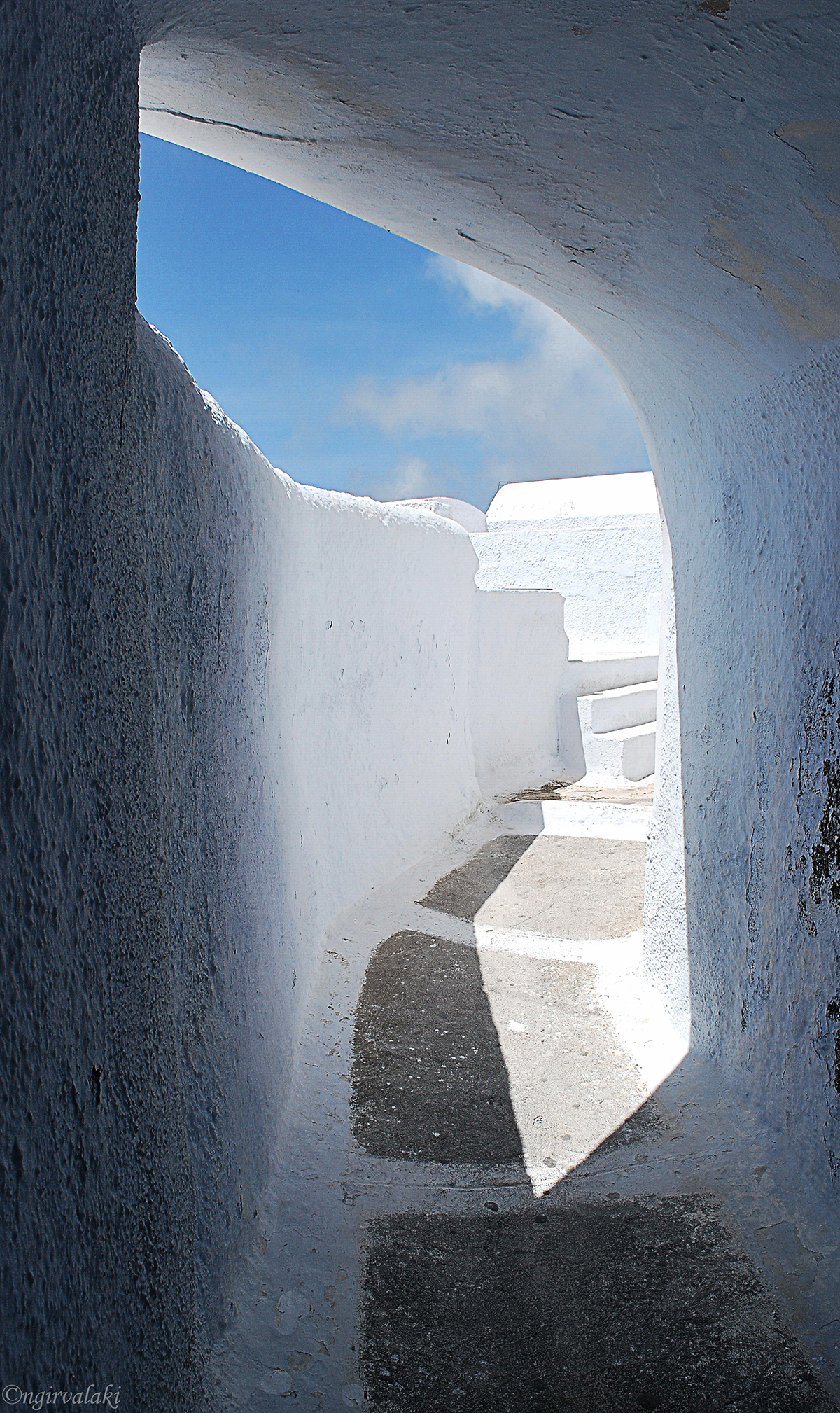
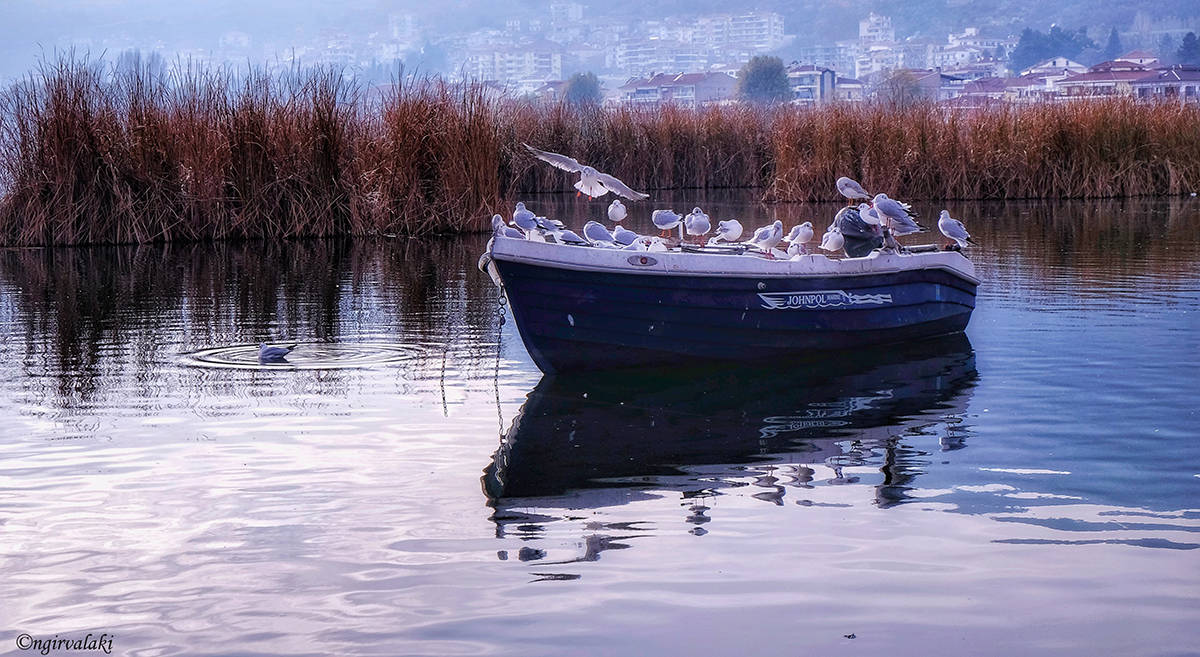

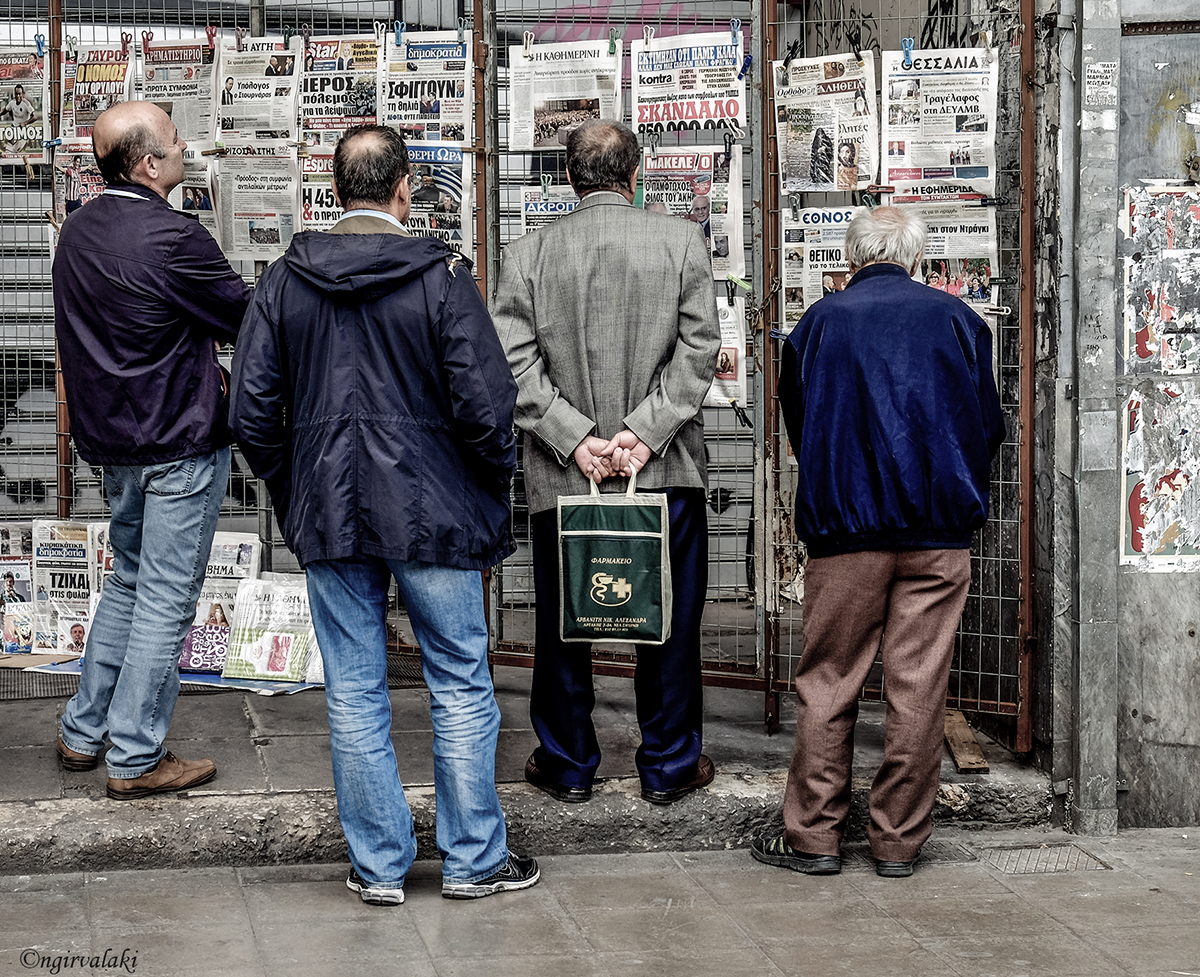
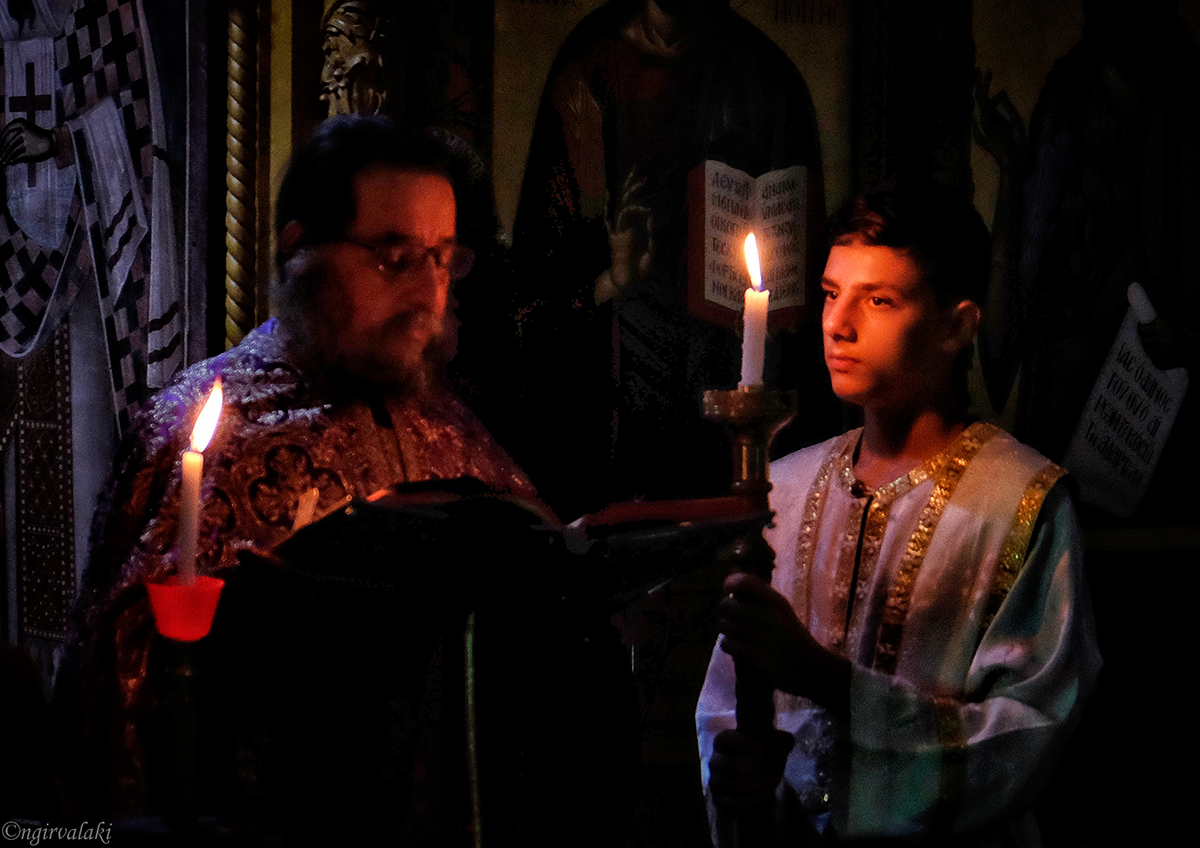
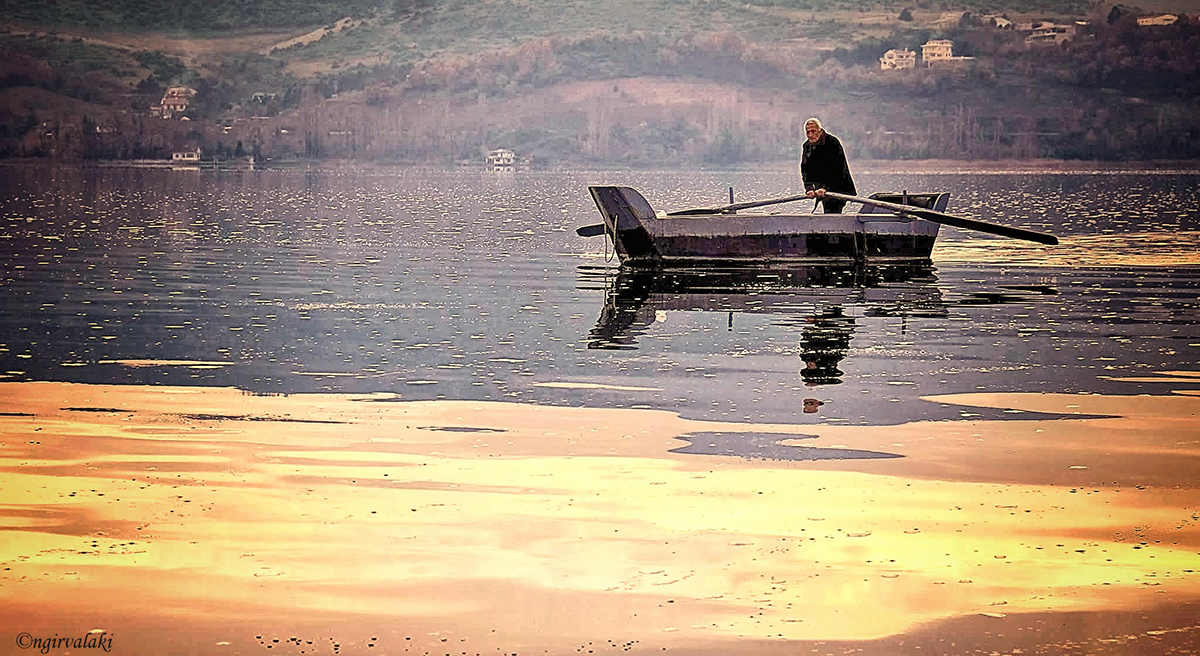
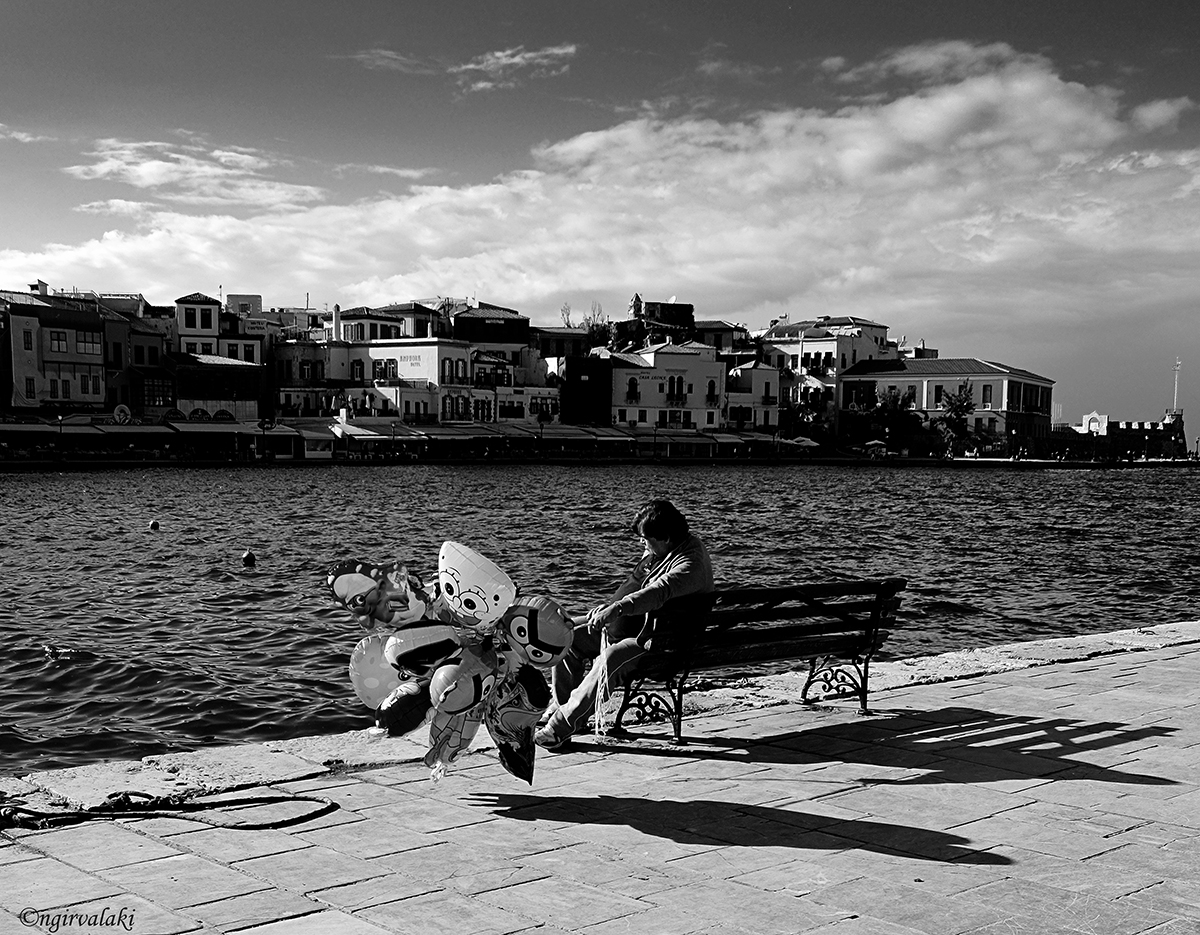
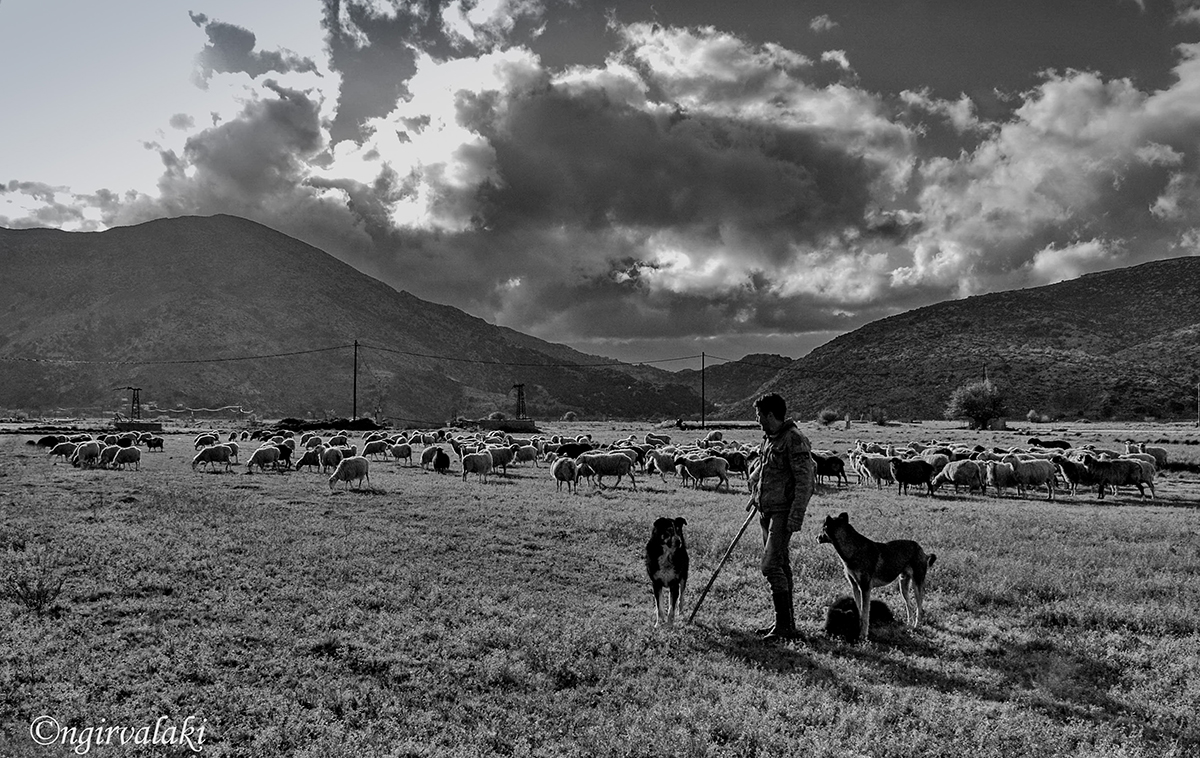
























loved to read your story. It’s good to think about who we are of who we become. I love how you see the lessons in all of this. Inspirational to read.
Thank you Carola!
We give loans up to five million dollars Could you be interested?